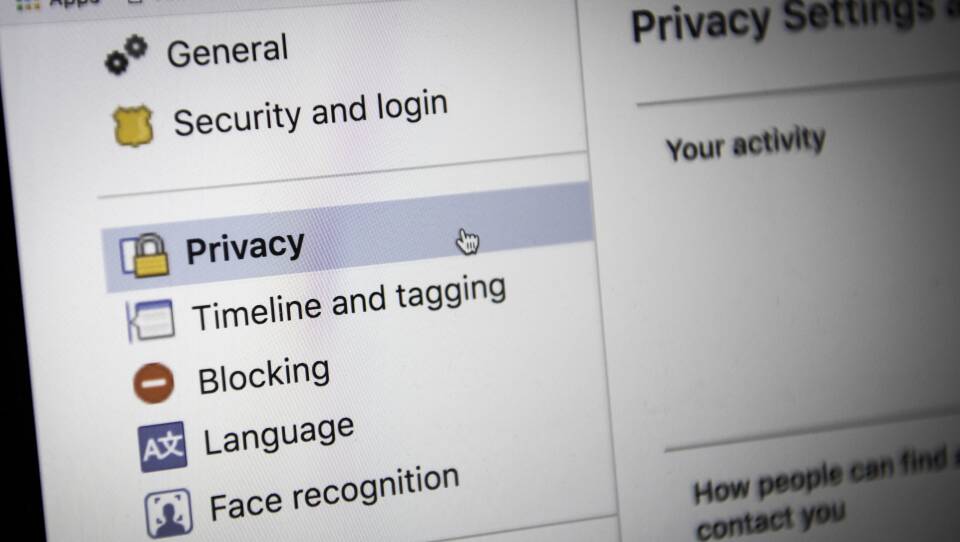Facebook users have begun to see whether they're among the 87 million people whose information may have been compromised for use by a political research firm. For some, the news is good: "It doesn't appear your Facebook information was shared with Cambridge Analytica."
The notifications are appearing on Facebook's page about users' exposed data. The company had also said it would put the information at the top of users' news feed.
Since Facebook began notifying people this week whether they had ever logged in to the "This Is Your Digital Life" app, which has been linked to the exposure of tens of millions of records for political research, people have been sharing the news of whether their data was put at risk.
Facebook is making the information available as its co-founder and CEO, Mark Zuckerberg, testifies before Congress this week about his company's privacy practices — and how the practices may have been used by Cambridge Analytica, a data mining firm that worked for President Trump's campaign.
For some, the news about their Facebook data is complicated. While the worst-case scenario may be the realization that one had logged themselves in — perhaps at the goading of a well-meaning friend or relative — for others, the verdict is less clear.
"Based on our investigation, you don't appear to have" logged in to the app before it was removed in 2015, one notice reads — before continuing, "However, a friend of yours did log in."
The message goes on to say that information from the user's public profile, in addition to their page "likes," their birthday and current city were "likely shared with 'This Is Your Digital Life.' "
The notice adds that a "small number of people" who logged into the app also shared their own news feed, posts and messages — meaning that the affected user's posts and messages may also have been included, along with their hometown.
In addition to the Cambridge Analytica data results page, here are some other ways to check settings and access on Facebook:
On that page, users can see and/or edit the type of information that is shared from their account. They can also remove any apps or websites they no longer want to have access to their information.
Note: Even for many apps and sites that have either expired or been removed, Facebook says they "may still have access to info you previously shared, but can't make additional requests for private info."
In sections from "Your interests" to "Your information" and the broad "Ad settings," users can adjust which types of ads they see — and, by hovering over an advertiser's logo, they can remove that company.
Users can also decide which information Facebook can use to show ads that are intended to reach certain audiences — from relationship status to profession, education and employer.
The listings of "Advertisers you've interacted with" names the companies, promotional campaigns and other entities that are "running ads using a contact list they uploaded that includes contact info you shared with them or with one of their data partners."
Clicking "Remove" on one of those advertisers merely hides their ads — it doesn't remove a user from the contact list that initially generated the connection via Facebook.
Copyright 2018 NPR. To see more, visit http://www.npr.org/.




